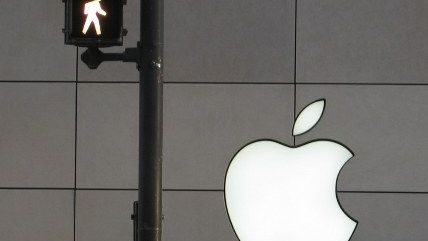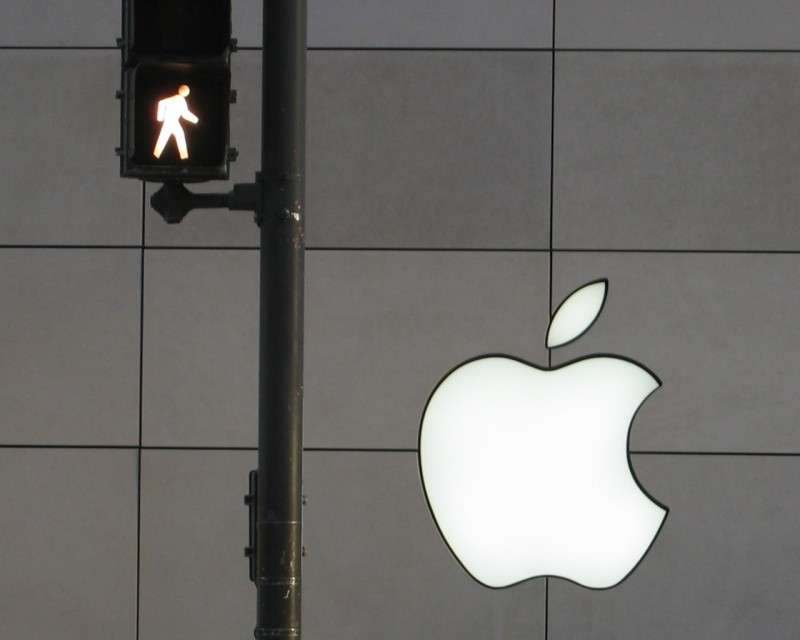Federal Judge Takes Apple's Side vs. Feds in New York
Says government has overstepped bounds


We have a new wrinkle in the encryption fight between Apple and the FBI. In a drug case, a magistrate judge in New York's Eastern District has ruled that Apple does not need to assist the feds in unlocking a person's phone and that the All Writs Act does not extend to such a demand. From The New York Times:
Magistrate Judge James Orenstein in New York's Eastern District said in a ruling on Monday that the United States government couldn't use a law called the All Writs Act to force Apple to hack into an iPhone that was seized in connection with a drug case. The government overstepped what the All Writs Act was intended for, the judge wrote.
"After reviewing the facts in the record and the parties' arguments, I conclude that none of those factors justifies imposing on Apple the obligation to assist the government's investigation against its will," Judge Orenstein wrote. "I therefore deny the motion."
The All Writs Act is the 1789 federal law that allows the courts to compel people and companies to assist in dealing with a legal matter, as long as it is not unduly burdensome, is not covered by current statutes, and the company involved is directly connected to the legal matter.
Apple has argued that invoking the All Writs Act is overreach. The government cannot force the company to actually create code to assist in the decryption of phone security. The judge here seems inclined to agree. The full order can be read here. It's remarkably technically detailed, but one concern that I draw from the ruling is that the government essentially argued that All Writs Act can be used to order anybody to do anything on behalf of pursuing a legal case unless Congress passed a statute or regulation forbidding them from doing so or otherwise established rules. In short, because federal law didn't explicitly say the Department of Justice could not order Apple to assist, that meant that they could. The judge was not fond of that argument:
If, for example the President sent to Congress a bill explicitly authorizing a court to issue the kind of order the government seeks here, and if every single member of the House and Senate were to vote against the enactment of such a law citing the kinds of data security and personal privacy concerns that Apple now embraces, the government would nevertheless describe the order sought here as permissible because Congress had merely rejected the bill—however emphatically, and however clear its reasons for doing so—rather than affirmatively passing legislation to prohibit the executive branch's proposal. Yet in such circumstances, it would be absurd to posit that the authority the government sought was anything other than obnoxious to the law.
An even starker illustration of the absurdity the government's construction produces is that it does not allow a court to deem an action beyond the AWA's reach even if it is an exercise of authority that had formerly been available under a statute that Congress elected to repeal because it was persuaded on policy grounds to retract such authority from the executive. Thus, for example, if communications service providers were to persuade Congress that CALEA had imposed unreasonable burdens on them that threatened their ability to remain in business, Congress could make the choice to repeal that law—thereby removing the statutory obligation to provide certain types of assistance to law enforcement. And yet in the absence of a statute affirmatively prohibiting the government from requiring a company to provide such assistance, the government would read the AWA to nevertheless allow a court to order those same companies to provide precisely the same assistance to law enforcement that Congress had decided no longer to compel.
In fact, the judge determined that if he were to accept the government's argument here, it would potentially render the All Writs Act unconstitutional as it hands over power (to create laws and determine their limits) from the legislative branch to the judicial branch.
Tomorrow the fight will head over to Congress. Both Apple and the FBI will be making their cases to the House Judiciary Committee.
Don't know why you should care about this fight? Read here.


Show Comments (35)